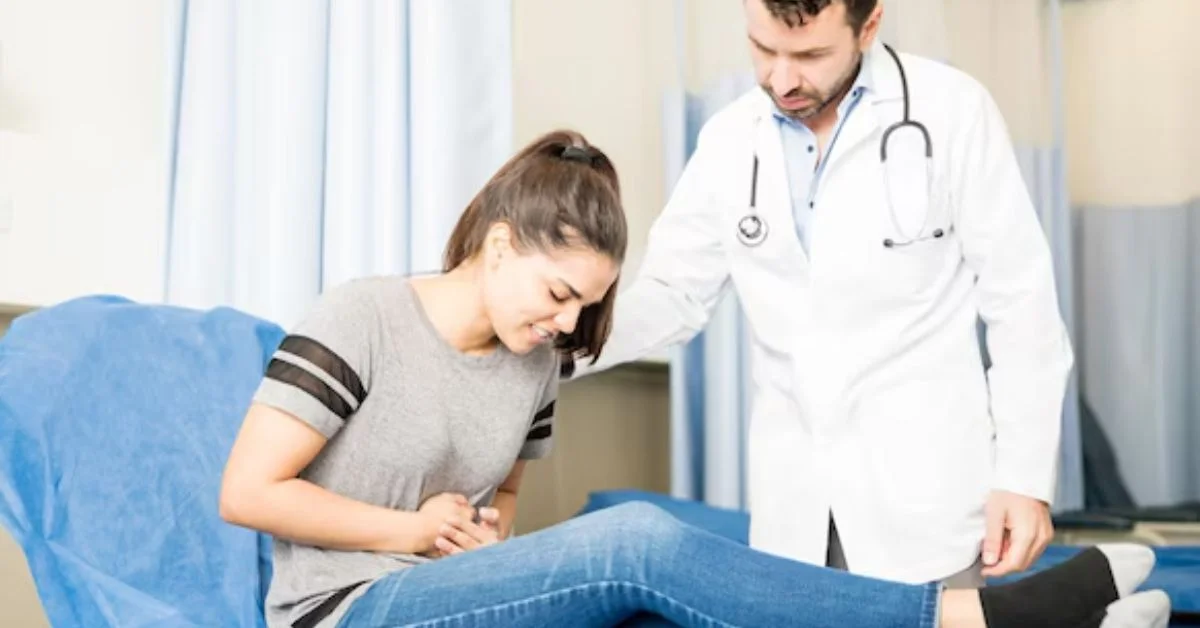Getting ready for your first colonoscopy can feel a bit overwhelming. With all the information out there, it’s hard to know what to expect and how to prepare. But don’t worry—you’re not alone! Millions of people undergo this important screening each year, often with little knowledge about the procedure or its significance.
A colonoscopy is more than just a routine check-up; it’s a vital tool for preventing serious health issues down the line. Understanding why you need one and knowing what to anticipate can make the process much smoother. In this guide, we’ll walk you through everything from preparation tips to comfort during the procedure. Let’s demystify colonoscopies together so that you’re well-informed and at ease when it’s time for yours!
Why Colonoscopy is Important
Colonoscopy is a vital screening tool for detecting colorectal issues early on. Many people are unaware that this procedure can identify precancerous polyps before they turn into something more serious. Regular screenings significantly reduce the risk of developing colorectal cancer.
The importance of colonoscopy extends beyond just cancer detection. It also helps diagnose various gastrointestinal conditions, such as inflammatory bowel disease and diverticulitis. By understanding what’s happening inside your digestive system, healthcare providers can tailor treatment plans effectively.
Additionally, colonoscopies provide peace of mind. Knowing that you’re being proactive about your health can alleviate anxiety around potential symptoms or family history factors related to colorectal diseases.
Awareness and education play crucial roles in promoting regular screenings among individuals aged 45 and older or those with specific risk factors. Early detection through colonoscopy saves lives by allowing timely intervention when it matters most.
Benefits of Colonoscopy Screening
Colonoscopy screening offers vital health benefits that can significantly impact your well-being. One of the most crucial advantages is its ability to detect early signs of colorectal cancer, which is one of the leading causes of cancer-related deaths. Early detection can lead to more effective treatment and better outcomes.
Additionally, colonoscopies allow for the identification and removal of polyps before they develop into cancer. This proactive approach means you’re not just monitoring potential problems; you’re actively preventing them from becoming serious health issues.
The procedure also provides valuable insights into other gastrointestinal conditions such as inflammatory bowel disease or diverticulitis. Identifying these conditions early can help manage symptoms more effectively.
Moreover, having a colonoscopy may ease anxiety about unexplained gastrointestinal symptoms by providing clear answers through direct visualization. Knowing what’s happening in your body helps reduce uncertainty and empowers you to make informed decisions about your health.
Understanding the Colonoscopy Procedure
A colonoscopy is a medical procedure that allows doctors to examine the inside of your colon and rectum. Using a flexible tube called a colonoscope, which has a camera attached, they can visualize any abnormalities or signs of disease. The procedure typically takes about 30 minutes but may vary based on individual circumstances.
Before the test begins, you will be given sedation to help you relax. This ensures you’re comfortable while the doctor performs the examination. It’s common for patients to feel drowsy during this time, making it easier to tolerate the process.
The doctor gently inserts the colonoscope into your rectum and guides it through your large intestine. As they do so, images are transmitted to a monitor for real-time observation. If necessary, small samples can be taken for biopsy right then and there.
After completing this thorough inspection, you’ll be monitored as you wake up from sedation before going home with post-procedure instructions in hand.
What to Expect During the Procedure
As you settle into the procedure room, you’ll meet your healthcare team. They’ll explain what will happen and answer any questions you may have. It’s normal to feel a mix of emotions—nervousness is common, but remember that you’re in capable hands.
You’ll be asked to lie on your side or back on an examination table. A sedative will be administered through an IV line to help you relax. Many patients report feeling drowsy and calm shortly after this step begins.
Once you’re comfortable, the doctor will gently insert a long, flexible tube called a colonoscope into your rectum. This device has a tiny camera at the end that allows for clear images of your colon lining. You might feel some pressure or cramping during this part of the process.
The entire procedure typically lasts about 30 minutes to an hour. It’s quick and efficient, designed with patient comfort in mind while providing essential insights into your digestive health.
Tips for Effective Colon Preparation
Preparing for a colonoscopy can seem daunting, but effective colon preparation is essential for accurate results. Start by following any dietary restrictions your doctor provides. Usually, this involves switching to a low-fiber diet several days before the procedure.
Hydration is key during this time. Drink plenty of clear fluids like water, broth, or clear juices to help flush out your system. Staying hydrated not only supports bowel movements but also makes the entire process more comfortable.
When it’s time to take the prescribed laxative solution, follow instructions carefully. The timing and dosage are crucial for thorough cleansing of your intestines. Don’t hesitate to adjust the timing based on how your body responds; it’s better to be proactive than reactive.
Plan ahead—stay close to home during preparations and have easy access to bathroom facilities. This will reduce stress and make the experience smoother as you await your appointment day.
Ensuring Patient Comfort and Pain Management
Patient comfort is a top priority during a colonoscopy. Medical teams are trained to create a soothing environment, easing anxiety before the procedure begins. From friendly greetings to clear explanations of what will happen, each step is designed to help you feel at ease.
Pain management options vary depending on individual needs and preferences. Most patients receive sedation or anesthesia, which helps minimize discomfort throughout the process. It’s essential to discuss any concerns about pain with your healthcare provider beforehand.
During the procedure, staff members remain attentive to your comfort level. If you experience any discomfort or have questions while it’s happening, don’t hesitate to communicate with them immediately. They can adjust medications or provide reassurance as needed.
Afterwards, recovery rooms are equipped for relaxation as sedation wears off. Expect gentle monitoring until you’re ready to leave safely and comfortably—this ensures that both physical and emotional well-being are prioritized post-procedure.
Addressing Common Concerns and Risks
It’s natural to have concerns before your first colonoscopy. Many people worry about the safety of the procedure. Rest assured, colonoscopies are generally safe and performed by experienced professionals who prioritize patient care.
Another common concern is discomfort during the procedure. While some mild cramping or bloating may occur afterward, sedation options can significantly minimize any discomfort you might feel while awake. You’ll be closely monitored throughout the process to ensure your comfort and well-being.
Some individuals also fear potential risks associated with colonoscopies, such as bleeding or perforation of the bowel. These complications are rare but important to discuss with your doctor if you’re feeling anxious.
Always remember that addressing concerns helps ease anxiety. Open communication with your healthcare team can provide clarity on what to expect and how they manage any risks involved in this vital screening process.
Conclusion
Preparing for a colonoscopy can feel daunting, but understanding the process helps alleviate some anxiety. The importance of this screening cannot be overstated; it plays a vital role in early detection of potential health issues. Knowing what to expect during the procedure and how to prepare enhances your experience significantly.
By following the guidelines provided, you can ensure that your colon preparation is effective and comfortable. Addressing common concerns about discomfort or risks gives you more confidence as you approach this crucial step in maintaining your health.
Remember, a colonoscopy is not just about checking off a box on your healthcare to-do list. It’s an important opportunity for proactive care. Regular screenings lead to better outcomes and peace of mind regarding your digestive health. Embrace the journey towards better wellness by prioritizing routine screenings like colonoscopies—your future self will thank you for it.









